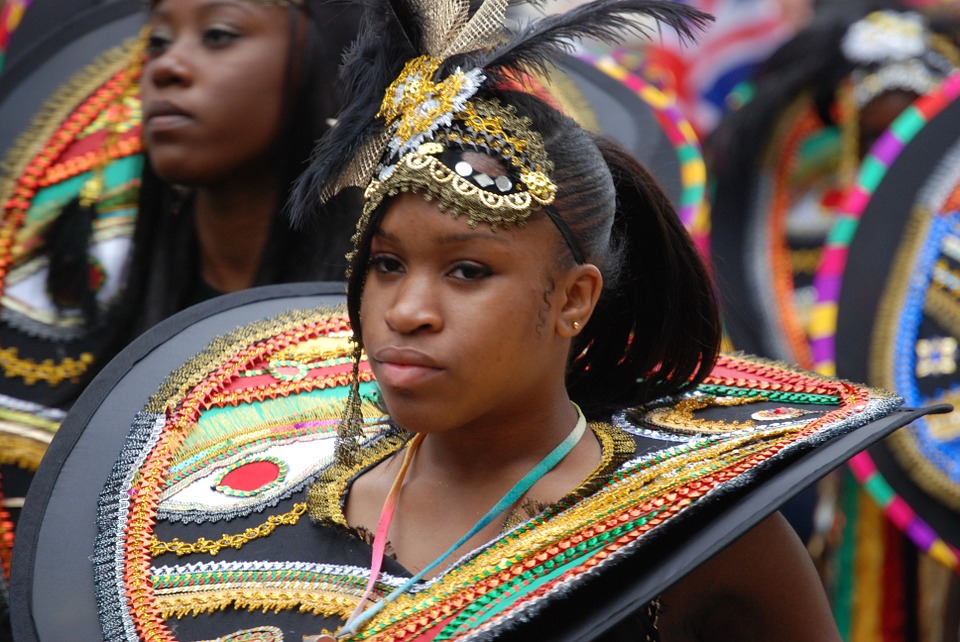When 500 people gathered for the first ever Notting Hill Carnival in 1966, no one could have imagined its coming popularity. This year saw 2.5 million attendees, 40,000 volunteers and 9,000 police, making it the second largest carnival in the world after the annual festivities in Rio de Janeiro.
The carnival’s aim was to celebrate Caribbean culture through music, food and dance. However, in recent years many Caribbean people feel that its roots are being overlooked and forgotten as it has become overly commercialised.
In the early years of Notting Hill, the legitimacy of the carnival was threatened as it did not have local authority permission, with police attempting to prevent it entirely. In 1976 and subsequent years, riots occurred in which predominantly Caribbean carnival-goers fought with police due to the continuous harassment that the British-Caribbean population faced. The considerable press coverage took an unfairly negative view of the carnival, and for a while it looked as if the event would be banned.
Nowadays, the annual event is accepted by the mainstream British public, and people of all ages and cultural backgrounds attend. Simultaneously, companies have been reaping the benefits of the celebration’s success, thus undermining the struggle that the initial carnival-goers and planners faced. The people for whom Carnival offered respite from the bleak racism of 1960s Britain are now seeing less and less of their culture being celebrated or represented.
The sound of Carnival has changed radically from its early days, with many sound systems now playing music which is not Caribbean at all in its origins, such as techno, trap and house. I don’t believe that non-Caribbean genres of music should be banned entirely, but Notting Hill is first and foremost a celebration of Caribbean culture, which should be reflected in the music. With no shortage of these other styles of music elsewhere, it should be possible for Caribbean people to attend an annual event which primarily celebrates their culture and its music.
This year there were stages owned by big brands such as Red Bull and Bacardi, which I feel detracts from the traditional community-based construction of Carnival. Having exclusive experience packages and V.I.P access areas entirely contradicts the ethos of a street festival and the idea of everyone coming together.
Of course, as a non-Caribbean person myself, I do not believe that it is my place to decide how Carnival should be run; future planning decisions for Notting Hill should rest completely with the Caribbean community it was founded to serve.
However, as a Black person, I know the importance of having spaces which celebrate BAME culture. Dealing with frequent micro-aggressions and isolation in your cultural experiences is the reality of existence for many BAME people living in Britain. For British-Caribbean people, Carnival is a chance to escape from prejudice, to celebrate their culture and to commemorate their resistance to racism and police brutality.
Particularly in the shadow of the Windrush scandal, it is important to preserve and value Caribbean culture in Britain. Notting Hill Carnival is distinctive because of its unique focus on Caribbean history and culture. If its original aim continues to be ignored with each passing year, there is a real danger that Carnival could lose what makes it special.

